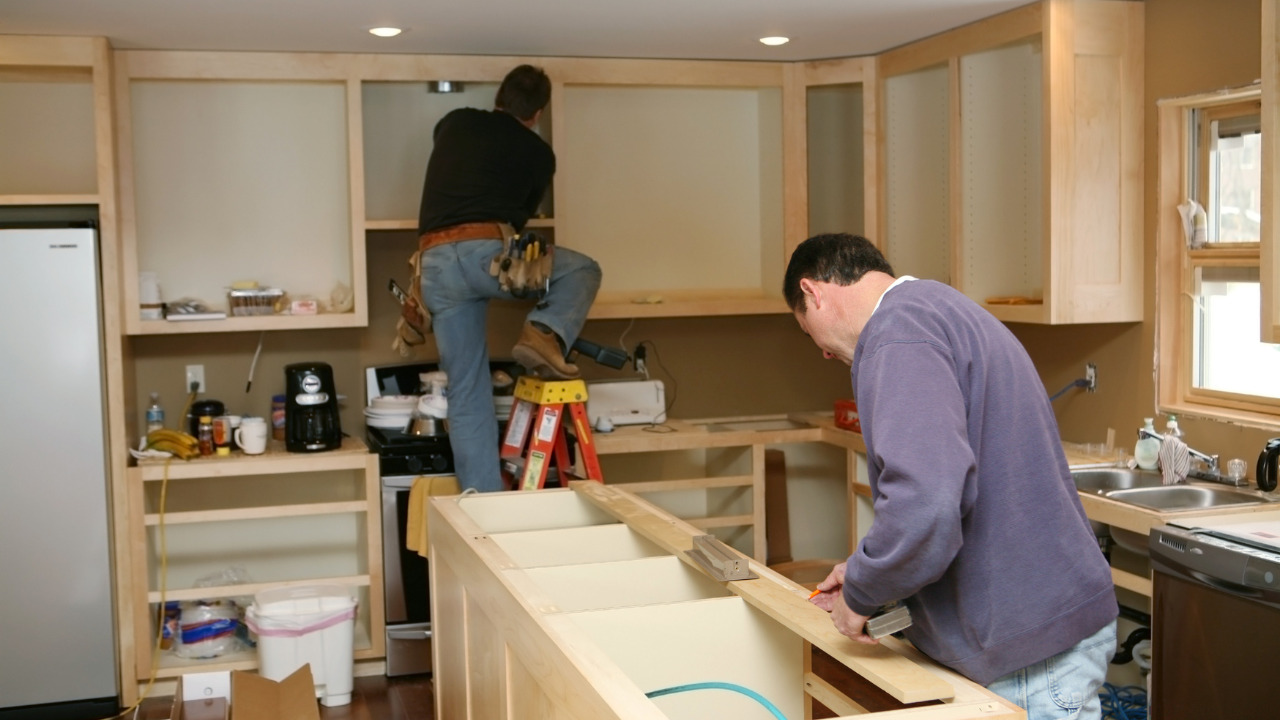Venturing into the realm of do-it-yourself (DIY) home repairs can be a fulfilling and empowering experience, especially for beginners. Whether you’re a recent homeowner or simply eager to tackle minor projects, grasping the essentials of DIY repairs can save you money and boost your sense of achievement.
Table of Contents
Commence with Straightforward Projects
For beginners, it’s pivotal to commence with uncomplicated projects that nurture confidence and skills. Tasks like fixing leaky faucets, replacing cabinet hardware, or patching small holes in walls offer practical experience without overwhelming complexity. Take a moment to check out this repair blog to learn more.
Acquire Fundamental Tools
Building a basic toolkit stands as a crucial step in DIY home repairs. Invest in essential tools like a hammer, screwdrivers, pliers, a tape measure, and an adjustable wrench. As you progress through more projects, you can expand your toolkit with specialized tools.
Educate Yourself
Before immersing yourself in a repair task, educate yourself about the specific project at hand. Watch tutorial videos, peruse articles, or consult DIY manuals. A thorough understanding of the process and potential challenges enhances your likelihood of success.
Prioritize Safety
Safety should be the foremost consideration in every DIY project. Don appropriate safety gear, including goggles and gloves, and exercise caution when working with power tools. If a task appears too risky or intricate, contemplate consulting a professional.
Master Basic Skills
Certain skills serve as building blocks for DIY repairs. Grasp the usage of a drill, accurate measurement techniques, and the art of driving screws. These fundamental skills prove invaluable across a spectrum of projects.
Addressing Plumbing Issues
Managing minor plumbing issues is a common and achievable DIY task. Learn to unclog drains, mend leaky faucets, and replace worn-out washers. Keeping a plunger and a plumbing snake in your toolkit facilitates quick resolutions.
Painting and Patching Walls
Granting your walls a fresh coat of paint or mending small holes is a DIY project with a visible impact. Familiarize yourself with proper painting techniques, and invest in quality brushes and painter’s tape for a polished and professional finish.
Basic Electrical Repairs
While major electrical work should be entrusted to professionals, beginners can handle elementary electrical repairs. Understand how to replace light switches, install light fixtures, and troubleshoot minor electrical issues.
Maintaining Home Appliances
Regular maintenance prolongs the life of your home appliances. Clean filters in HVAC systems, descale your water heater and remove lint from dryer vents. Adhering to manufacturer guidelines is pivotal for effective appliance upkeep.
Installing Shelving and Hooks
Installing shelves and hooks stands as a straightforward DIY project that enhances both functionality and aesthetics. Use a level to ensure precise alignment and opt for anchors or screws suitable for your wall type.
Sealing Gaps and Cracks
Sealing gaps and cracks in windows, doors, and walls is an energy-efficient DIY task. Utilize weatherstripping for doors and windows, and apply caulk to seal gaps. This aids in maintaining a comfortable indoor temperature.
Outdoor Maintenance
Extend your DIY skills to outdoor maintenance. Learn to clean gutters, pressure wash exterior surfaces, and perform basic lawn care tasks. Consistent outdoor maintenance enhances your home’s curb appeal.
Seek Professional Assistance When Necessary
Recognize your limitations and know when to seek professional assistance. Tasks such as major electrical work or intricate plumbing issues are best entrusted to experienced professionals. Enlisting professional help ensures the safety and integrity of your home.
Document Your Repairs
Maintain a record of your DIY projects. Documenting repairs, including the tools and materials used, serves as a handy reference for the future. It also enables you to track your progress and improvements over time.
Embarking on DIY home repairs as a beginner represents a journey of learning and empowerment. Begin with small projects, acquire essential tools, and gradually expand your skills. From addressing leaky faucets to painting walls, mastering basic skills instills the confidence to tackle more intricate projects.
Always prioritize safety, enlist professional help when necessary, and relish the satisfaction of transforming your living space through your own efforts. With each triumphant DIY repair, you not only enhance your home but also gain valuable skills that will last a lifetime.





